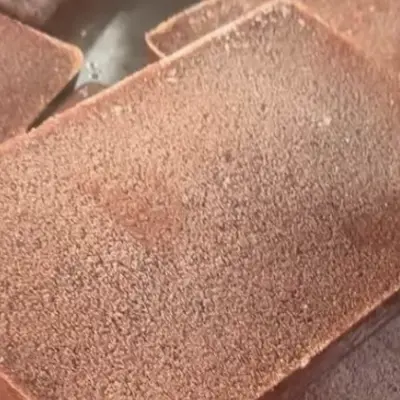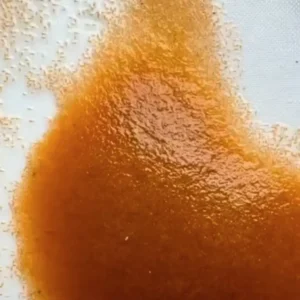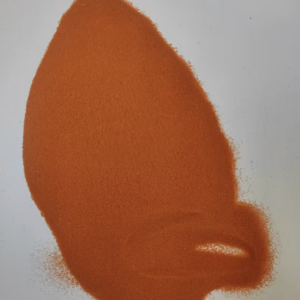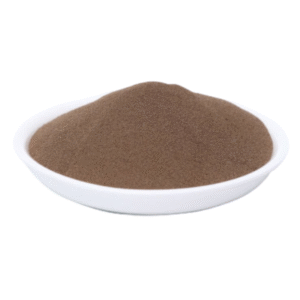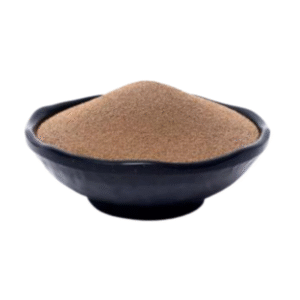Description
Frozen artemia biomass are small crustaceans widely distributed in salt lakes and brackish water lakes, with a body length of usually 1-1.5 centimeters. They are widely used in aquaculture feed morphology due to their high protein and fat content
The body of halogen worms is divided into three parts: head, chest, and abdomen. The head has a single eye and a pair of compound eyes, 11 pairs of chest limbs, and two tail forks at the end of the abdomen. The first segment of the female insect’s abdomen has an egg sac, while the male insect has a copulatory organ.
Ecological and Economic Value
The nauplious larvae hatched from brine shrimp eggs are high-quality open bait for aquatic animals such as fish, shrimp, and crabs

